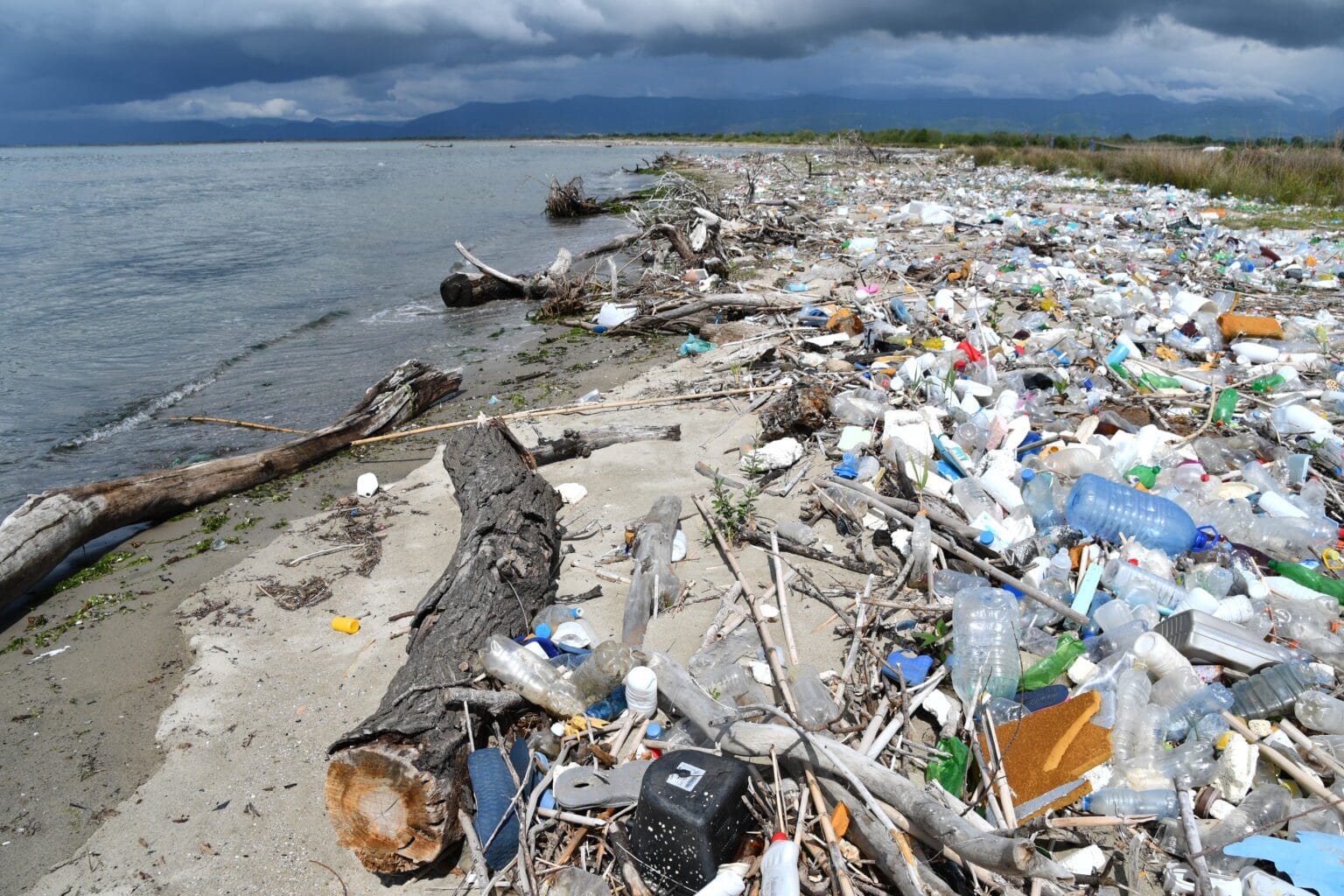While Europe is making progress in the fight against climate change, some regions remain plagued by major environmental challenges. Among them, the Western Balkans, including Albania, require more vigorous actions to ensure their stability and security. The air in this region is among the most polluted in Europe, leading to significant human and economic consequences.
Unbreathable air, a symptom of a health and environmental crisis
In Albania, air pollution is an alarming public health issue. The country ranks among the most affected in Europe, with levels of fine particles (PM2.5 and PM10) far exceeding the standards set by the World Health Organization (WHO). In Tirana, for example, PM10 concentrations are more than three times the European average, reducing the life expectancy of residents by two years.
The sources of this pollution are multiple: an aging vehicle fleet, insufficient public transport infrastructure, and significant industrial emissions. The socialist legacy, characterized by low car access, has given way to a massive adoption of vehicles, often old and highly polluting. Additionally, cross-border emissions worsen the situation, with coal-fired power plants in neighboring countries emitting well beyond European standards.
A waste management system under fire
Albania is also facing a chronic waste management issue, exacerbated since the collapse of the socialist regime. The importation of foreign waste, legalized since 2003, has fueled a local recycling industry, but this practice is deeply divisive. While some defend its continuation for economic reasons, environmental activists denounce a paradox: the country is already struggling to manage its own waste, with low recycling rates and ubiquitous illegal dumpsites.
The recent bill aimed at regulating this practice, without putting an end to it, has sparked heated debates. Recycling plants, often operating below capacity, demand more waste to sustain their operations. Meanwhile, environmentalists are calling for local and sustainable solutions, advocating for a circular economy rather than incineration methods, which are sources of additional pollution.
An environmental challenge for EU membership
Officially a candidate for the European Union since 2014, Albania must align its policies with European environmental standards. Strategic plans, such as the Green Agenda for the Balkans, demonstrate a willingness to evolve, but the efforts required remain considerable. Waste management, air quality, and biodiversity preservation are among the priorities to hope for EU integration.
In the face of these multiple challenges, Albania will need to adopt a comprehensive approach, combining structural reforms and public awareness, to overcome this crisis and strengthen its European candidacy.
Source: perspective.usherbrooke.ca


